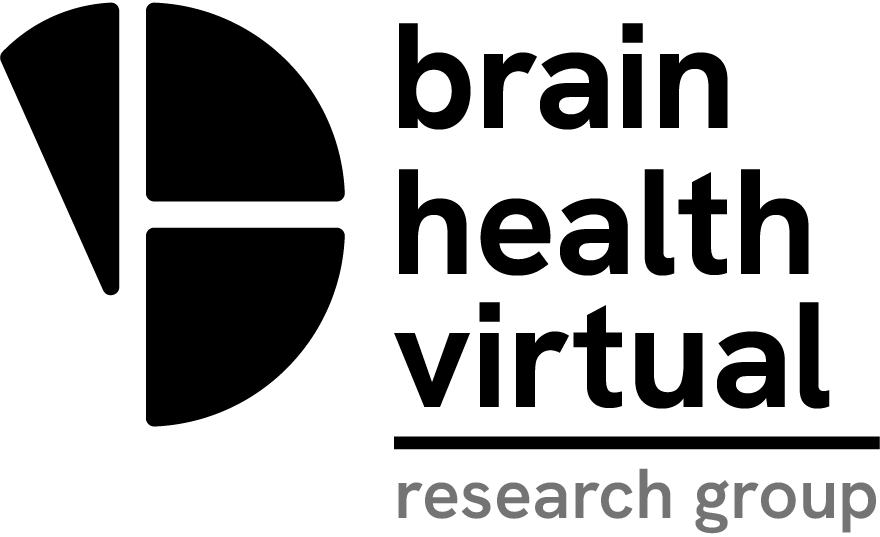ECHOES
Development of a methodology for the digital rEconstruction of anCient Human biOgraphiES through the study of archaeo-anthropological material.
Archaeological excavations bring constantly to light new findings that reconstruct through scientific research the life and death of past populations. Alongside, cutting-edge technologies, such as 3D scanning, ancient DNA and isotopic analysis, visualization through virtual (VR) & augmented (AR) reality, 3D printing, and open labs, offer unique scientific innovations and tactile experiences for ancient societies, a part of cultural heritage, hardly accessible to the public.
The research project proposes the development of an innovative methodology for highlighting the human past of a city through the biographies of its inhabitants. We will study the human remains and the archaeological findings that emerged during the excavations of Thessaloniki’s metropolitan subway (2006-). We will reconstruct health, diet and demography of the ancient population of Thessaloniki, and highlight the city’s multicultural and diachronic character. For this purpose, we propose to develop advanced visualization (augmented and virtual reality, gaming) and storytelling methods. Visitors will be able to learn the history of Thessaloniki’s through a) guided tours, museologically designed, in the form of walking performances – connecting the people of the past with present day inhabitants and b) AR and VR applications for virtual tours with 3D graphics and gamification.
The audiovisual material and the mobile-tablet application in combination with educational tours will enrich and complete the ‘trail of the past’ experience. This applications will be used independently both indoors and outdoors, in workshops, exhibitions, in future METRO stations, and in exhibition halls, such as the Roman forum, the White Tower, the Eptapyrgion, the History Centre of Thessaloniki at the Ippodromiou square etc. Beneficiaries of this cultural product can be institutions, museums, libraries and municipal authorities, as well as private corporations in the field of tourism. They will all significantly improve their cultural product services with experiences for all age and social groups. The final aim is to attract the visitor’s interest to a city’s history, through a pioneering study and innovative presentation of its inhabitants’ individual stories.
CERTH through its interdisciplinary team is responsible for the design and development of virtual and augmented reality applications with gamification elements. CERTH is leading Work Package 4.


